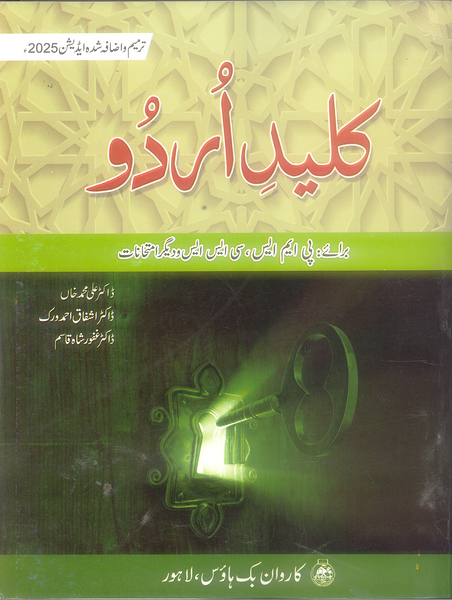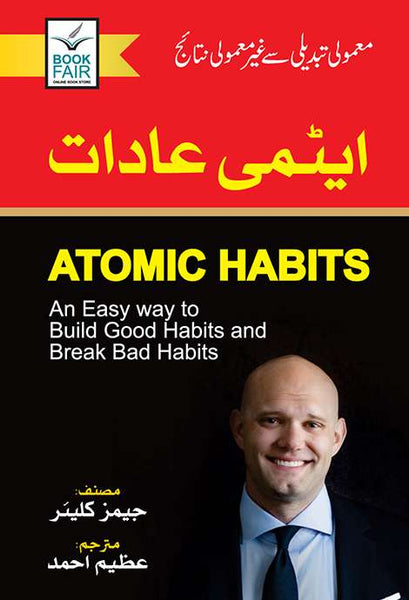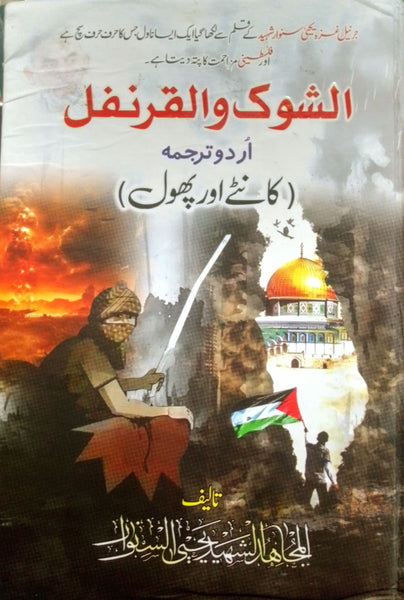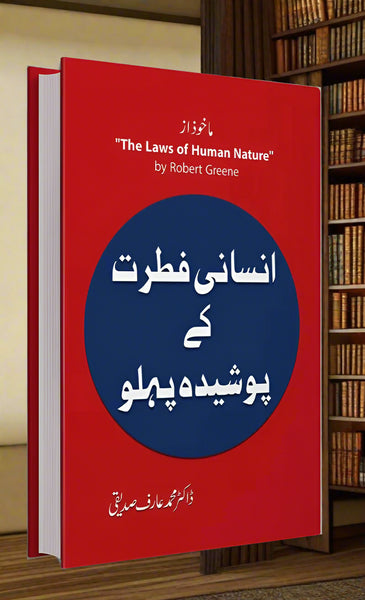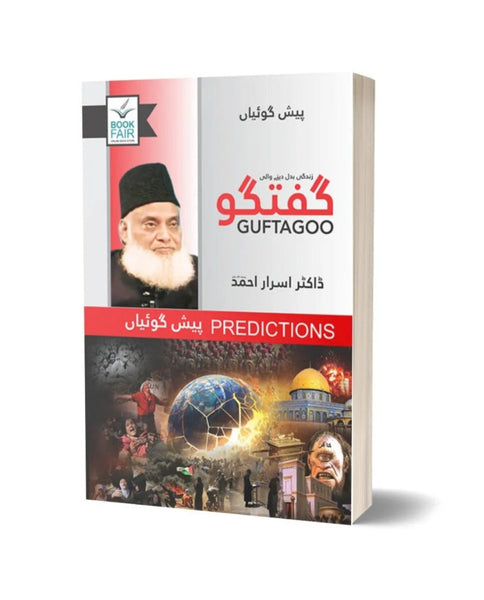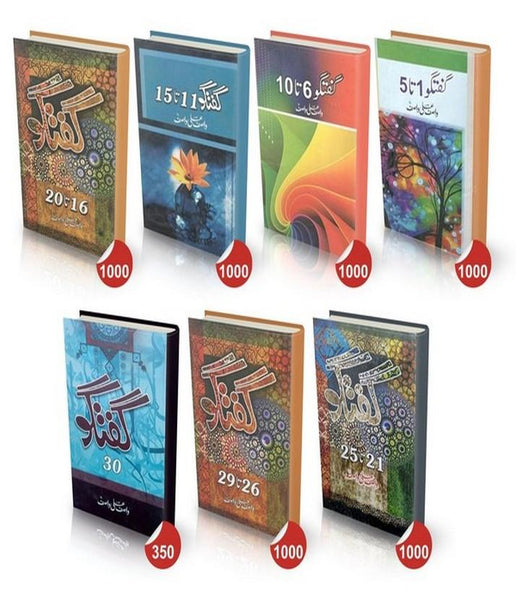Muqadamat-Ul-Quran by Prof. Ahmad Rafique Akhtar
- Publisher: Sang-E-Meel Publications
- Availability: Out Of Stock
- SKU: 33877
- ISBN: 9693515617
- Number of Pages: 208
Rs.560.00
Rs.700.00
Tags: Ahmad Rafique Akhtar , context of Quran , Divine Justice , divine wisdom , ethical teachings in Quran. , Hadith , history of Quran , Islamic doctrines , Islamic intellectualism , Islamic spirituality books , Islamic Studies , Islamic theology books , Islamic understanding , linguistic analysis of Quran , modern issues in Islam , modern-day Quranic application , moral teachings , Muqadamat-Ul-Quran , personal growth in Islam , Quran and Hadith , Quran and philosophy , Quranic ethics , Quranic guidance , Quranic language , Quranic message , Quranic principles , Quranic reflections , Quranic Sciences , Sang-E-Meel Publications , social justice in Islam , spiritual guidance , Tafseer , Tawhid , theological themes
Muqadamat-Ul-Quran is a profound work by Prof. Ahmad Rafique Akhtar, exploring the foundations and essential concepts of the Quran. The title translates to "Preliminary Discussions on the Quran" and provides an in-depth exploration of the Quranic principles, teachings, and interpretations. This book is an academic and spiritual guide for readers looking to understand the Quran’s linguistic, historical, and theological dimensions.
Key Features and Themes:
-
Introduction to Quranic Sciences:
Prof. Ahmad Rafique Akhtar provides a comprehensive introduction to the various aspects of Quranic studies, including the history of the Quran’s revelation, its linguistic structure, and the methodologies used in its interpretation. -
Contextual Understanding of the Quran:
The book emphasizes understanding the Quran in its historical and cultural context. This approach helps readers gain insight into the circumstances surrounding the revelation of different verses, ensuring a more accurate and meaningful interpretation. -
Linguistic Analysis:
Prof. Akhtar delves into the linguistic elements of the Quran, explaining its eloquence and the depth of its words. He discusses the significance of specific words and phrases in conveying the intended meanings and messages of the Quran. -
Philosophical Insights:
The book also explores the philosophical dimensions of the Quran, offering explanations of abstract concepts such as justice, mercy, and the nature of God. It connects these philosophical principles with the daily lives of believers, making the Quran's teachings relatable to modern society. -
Theological and Doctrinal Themes:
Prof. Akhtar addresses various theological issues, such as the concept of God (Tawhid), prophethood, the afterlife, and divine justice. These discussions help clarify Islamic doctrines and provide a theological foundation for understanding the Quran. -
Interpretation (Tafseer):
The book provides an overview of traditional and modern methods of Quranic interpretation (Tafseer). It discusses the role of scholars in interpreting the text and emphasizes the importance of context in understanding the meanings of the verses. -
Role of Hadith in Quranic Understanding:
The relationship between the Quran and Hadith (sayings of Prophet Muhammad PBUH) is also explored in this book. Prof. Akhtar discusses how the Hadith helps in clarifying and complementing the teachings of the Quran. -
Spiritual and Moral Guidance:
The book emphasizes the spiritual and moral lessons that can be derived from the Quran. Prof. Akhtar’s reflections on the Quran's ethical teachings offer readers a pathway for personal growth and moral development. -
Addressing Modern Issues:
Prof. Akhtar also considers how the Quran’s teachings apply to modern-day issues such as social justice, the rights of individuals, and the challenges faced by contemporary Muslims. He provides insights on how to align one’s life with Quranic principles in the modern world. -
Reflection on the Divine Message:
The author encourages readers to reflect on the Quran as a divine message meant to guide humanity in all aspects of life. He explores how the Quran serves as a timeless source of guidance and wisdom for individuals, communities, and societies.
Conclusion:
Muqadamat-Ul-Quran is an intellectual and spiritual exploration of the Quran by Prof. Ahmad Rafique Akhtar. It serves as an important resource for those seeking to understand the Quran in its full depth—both as a religious text and as a guide for living a righteous and meaningful life. The book addresses the Quran's linguistic, historical, and theological aspects, making it a comprehensive introduction to Quranic studies. Prof. Akhtar’s work provides readers with the tools to appreciate the Quran’s relevance in the modern world, offering insights that are both scholarly and spiritually enriching.



